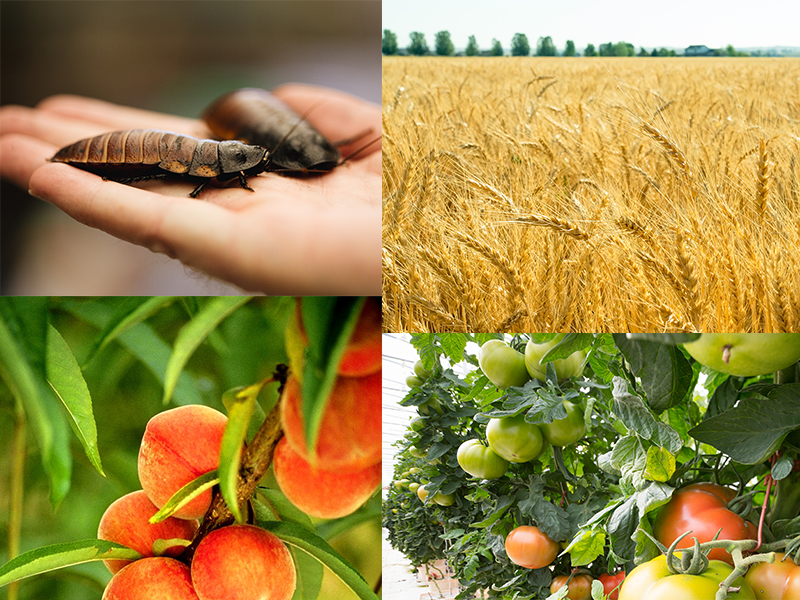
The College of Agricultural Sciences’ Department of Bioagricultural Sciences and Pest Management is getting a bit of a rebrand this year. The department recently had its name approved to Agricultural Biology.
According to Department Head Amy Charkowski, the name change was long overdue. She says the initiative to change the name goes all the way back to the department’s creation in the mid-1990s.
“The name was bestowed by a former dean because the department couldn’t decide its name,” she notes. “Plant pathology, weed science, and entomology used to be part of the College of Natural Sciences. They split off and merged. Bioagriculture isn’t really a word that anyone else uses, so it really doesn’t serve students well. If you’re a new student, it’s not a word you would search. If you’re graduating, it’s not something a company would look for.”
Charkowski explains that the department needed a broader name that captured the vast scope of what it entails. She believes the new name captures about 80% of what the department does, and “gives us a little more flexibility to explore new areas.”
What does the department entail?
So what exactly does the newly renamed Department of Agricultural Biology entail?
“If you’re interested in food security and safety or interested in protecting our ecosystems – including from climate change – then Agricultural Biology is a great thing to study,” says Charkowski. “Our department is in charge of everything after you plant to make sure it grows. We work with natural ecosystems and on farms to make sure both are healthy. If a student wants to help solve the big problems that the world is facing, this is a good department to be in.”
The department focuses on entomology, plant pathology, weed science and plant stress, to name a few topics. It also offers a unique Pest Management “4+1” Agricultural Biology Sequential MS Degree Program, in which an undergrad can complete a bachelor’s degree in the traditional four years, as well as a master’s with an additional one year of study.
Alumni who earned a degree in the department have gone on to engage in a variety of careers including teaching, insect pest management, environmental sciences, invasive plant management, lab technicians, agronomists, and farm advisers. As for employers, they have hired alumni for a range of jobs, from product development at Bayer to the botanical gardens at the Smithsonian and the National Forest Service.
To learn more about the department, visit its landing page here.